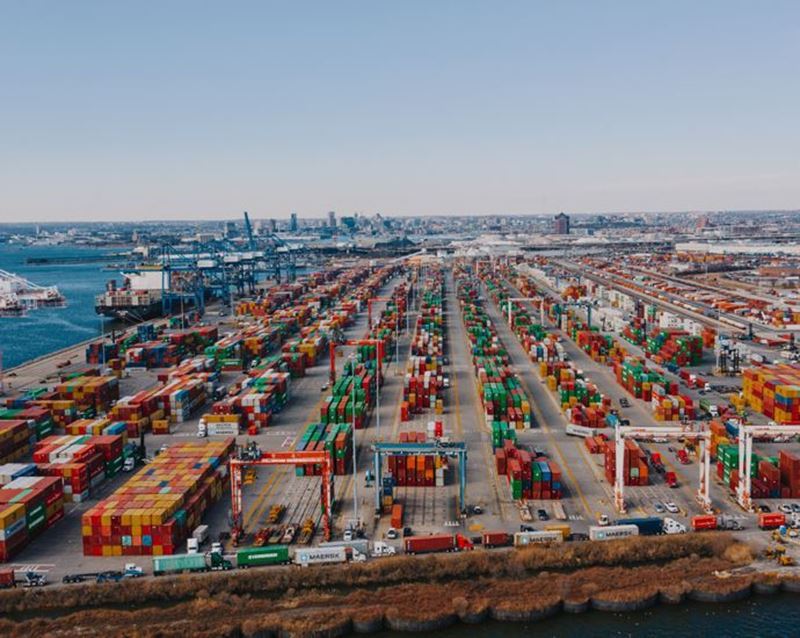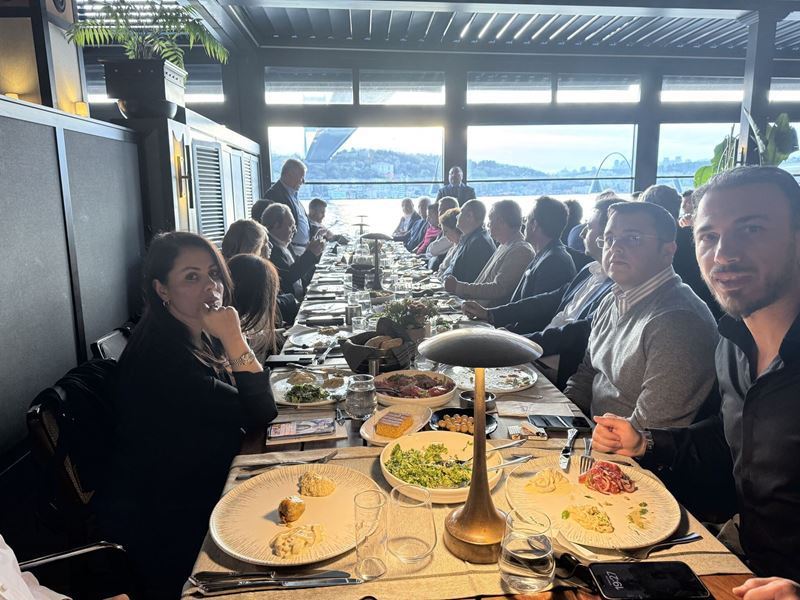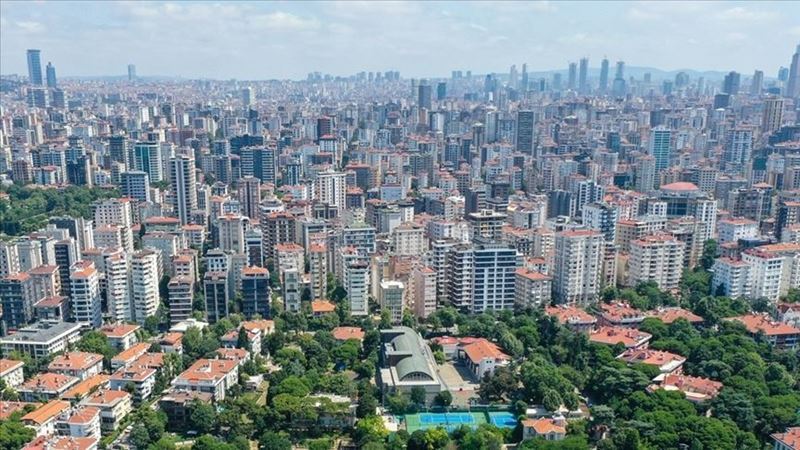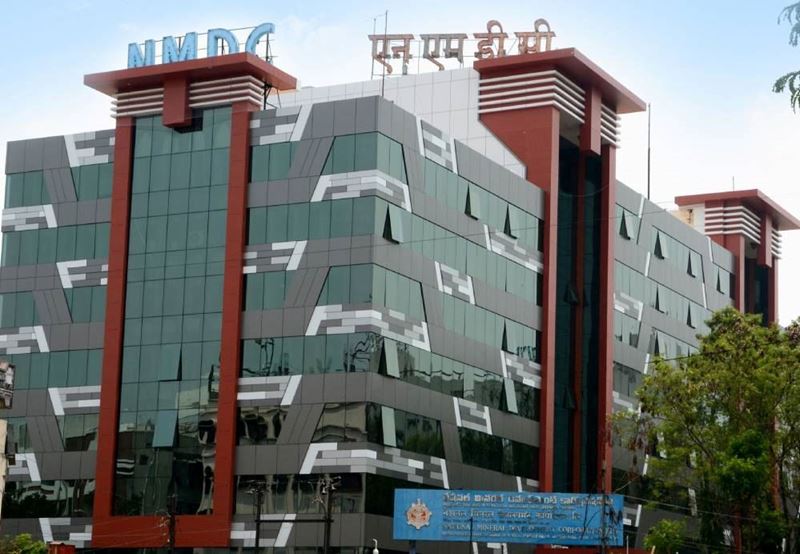Countries in the region are adopting a solution-oriented and cautious approach against the Trump administration's decision, seeking reconciliation with the US through phone calls and delegation visits.
Indonesian President Prabowo Subianto stated that the trade war caused by tariffs has affected his country and added, "We remain calm. We are strong and we will negotiate with all countries, including the US."
Cambodian Prime Minister Hun Manet announced that they will send a delegation to Washington after the US imposed 49% tariffs on his country. Hun Manet emphasized that diplomatic steps will be taken to evaluate the effects of the tariffs on the country's economy and to seek solutions.
South Korean Prime Minister Han Duck-soo also stated that the government will send the Minister of Trade to the US as soon as possible for negotiations.
Philippines Trade Minister Cristina Roque emphasized the importance of the bilateral free trade agreement and announced that a meeting with the US Secretary of Commerce was planned.
In Thailand, it was announced that Deputy Prime Minister Pichai Chunhavajira will visit the US in the coming days to negotiate tariffs.
Nobel Prize winner Muhammad Yunus, who leads the interim government in Bangladesh as chief advisor, sent a letter to Trump, asking for a three-month delay and reassessment of the tariffs against his country.
In a phone call with Trump, Japanese Prime Minister Isiba Shigeru stated that the 24% tariff to be imposed by the US on his country could negatively affect the investments of Japanese companies in the US. “I told (Trump) that instead of unilateral tariffs, we should consider options for cooperation through more investment,” Isiba stated.
On the Malaysian front, Trade and Industry Minister Tengku Zafrul Aziz stated that the country is not considering retaliatory tariffs. “We aim for a calm, decisive and positive solution in our national interest,” Prime Minister Anwar Ibrahim said earlier.











Comments
No comment yet.